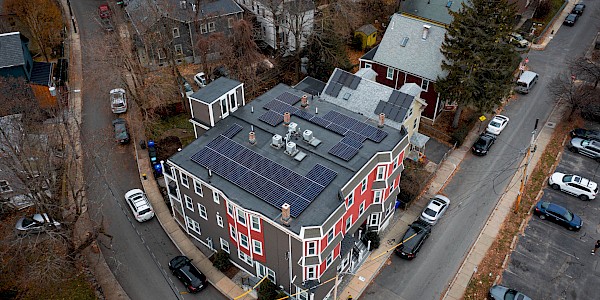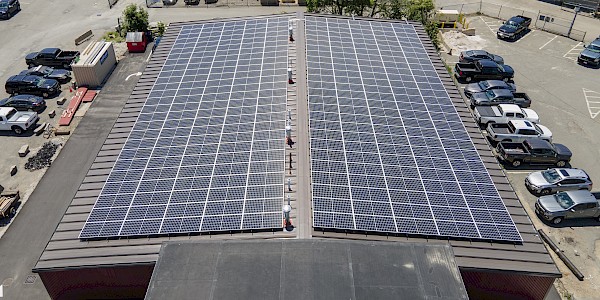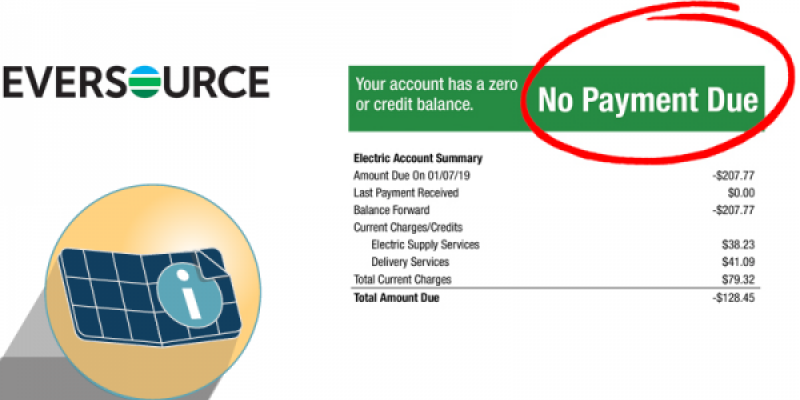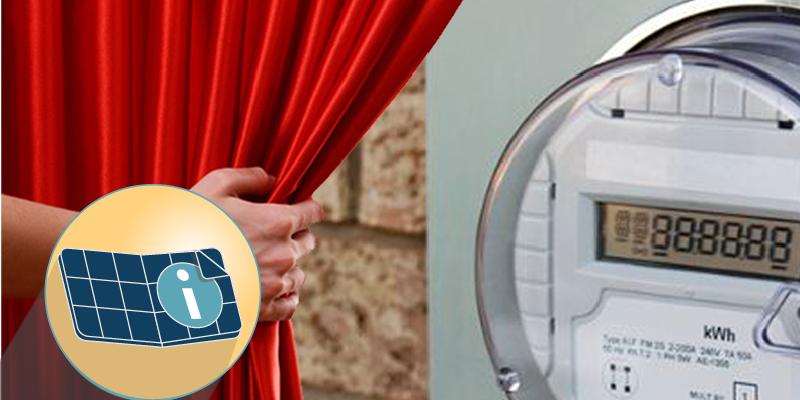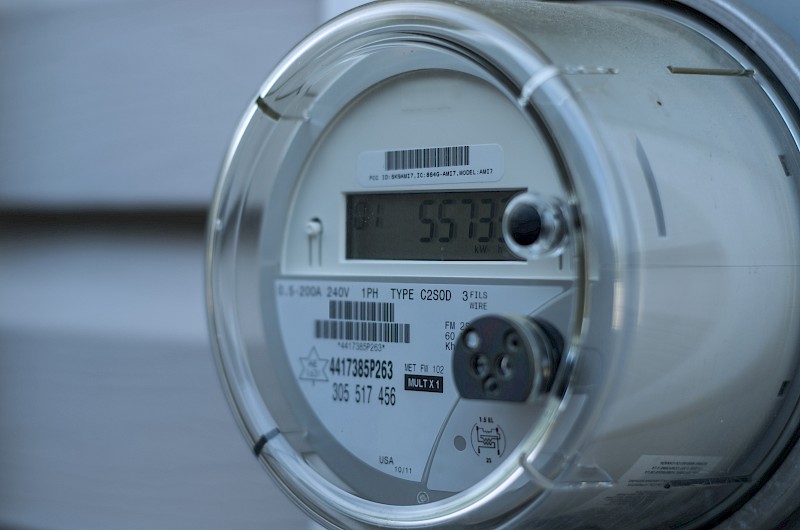Solar Net Metering in Massachusetts
Net metering is a solar incentive that makes it easier to reduce or eliminate your electric bill with solar panels.
Net metering allows you to transfer the excess electricity your solar panels generate to the electric grid in exchange for a credit from your utility company. The credits you accumulate can be used to pay for the grid-generated electricity you buy when your solar panels are not producing enough energy to meet your needs.
Keep reading to learn more about how solar panel net metering works and whether you’re eligible for net metering in Massachusetts.
Solar Net Metering: How It Works
Solar panels turn sunlight into electricity. When there is a lot of sunlight available, they generate a lot of power—often more than you can use at once. This is called overgeneration.
Net metering allows you to send the excess power your solar panels generate to the electric grid instead of letting it go to waste. Your utility company will compensate you for the power you send to the grid by crediting your account.
During the summer, when the days are long and there is plenty of sunlight, you can rack up a lot of credit with your utility. Come winter, when the days are shorter and darker, your solar panels won’t be able to produce as much electricity. But, you’ll have built up credit with your utility over the summer, so you can use grid power for free. With net metering, it’s possible to have a zero or even negative electric bill.
In Massachusetts, net metering credits never expire. If you don’t use them, they will simply roll over to the next billing period.
How Utilities Track Net Metering
Every home that’s connected to the electric grid has an electric meter. Your meter tracks the amount of electricity you take from the grid so your utility can charge you correctly.
When you install residential solar panels, you get a special solar meter, called a bi-directional electric meter. Bi-directional meters can spin forward and backward. When you take electricity from the grid, your meter spins forward. When you send electricity to the grid, it spins backward.
Who Is Eligible for Net Metering in Massachusetts?
Residential and commercial solar projects can qualify for net metering. To be eligible for residential solar net metering in Massachusetts, you must meet the following requirements:
- Be a customer of a regulated utility company (Eversource, National Grid, or Unitil)
- Interconnect your solar panels to the electric grid
- Install a bi-directional electric meter
There may be additional requirements, depending on the size of your system and which utility provider you use. To participate in solar net metering in Massachusetts, you must comply with all rules and regulations set forth by the state and by your utility.
Start Saving with Solar Net Metering
Massachusetts’ net metering policy is one of many reasons why it's such a great state for solar energy—net metering is not available in most states.
If you’re ready to install solar panels at your home, reach out to Boston Solar. We are the leading residential solar company in Massachusetts with over 10 years of experience and 5,000+ solar installations. Our expert team makes it easy for you to go solar and save!
Start saving with solar! Call 617-858-1645 or contact us to schedule your free consultation.
Related Blog Posts

